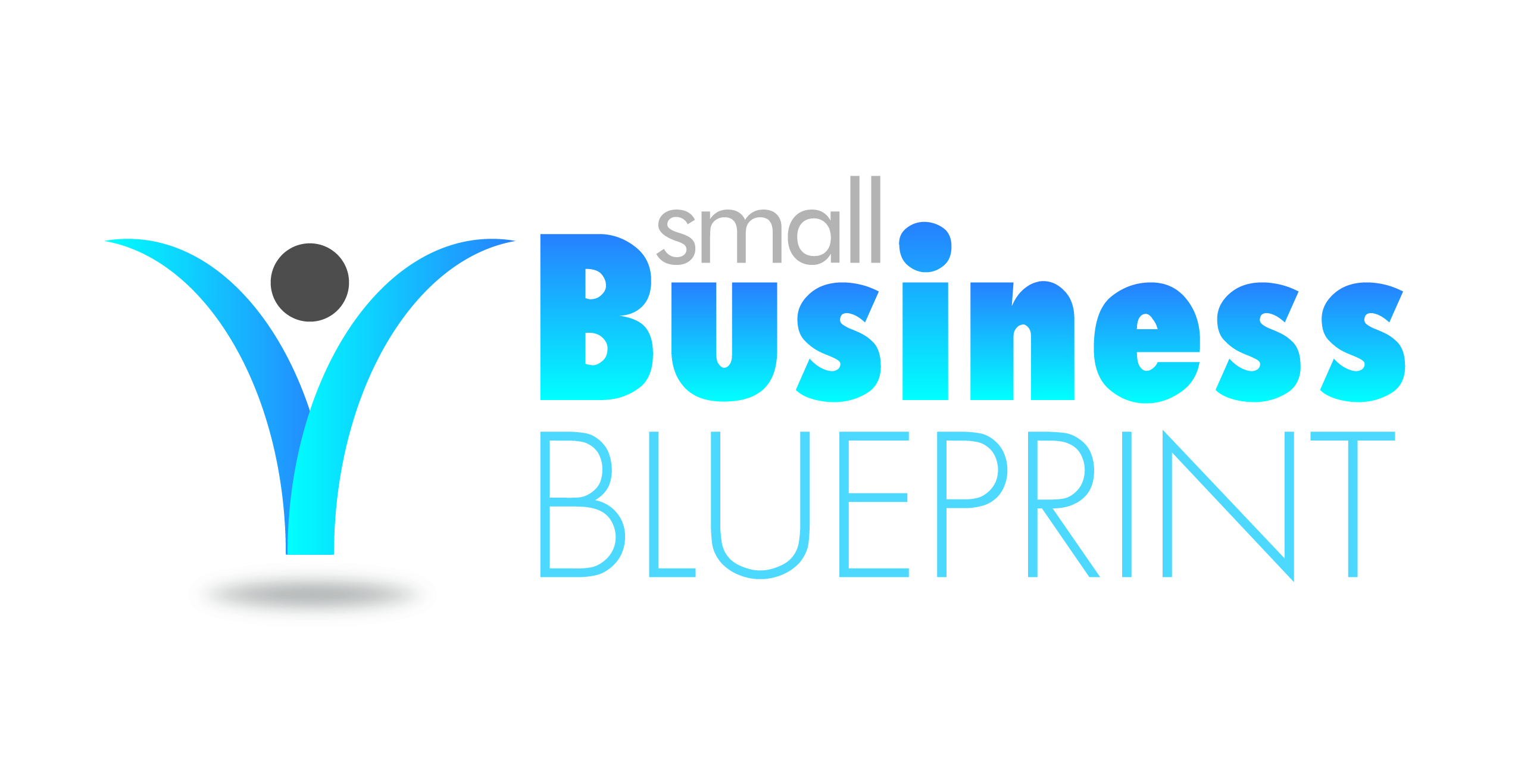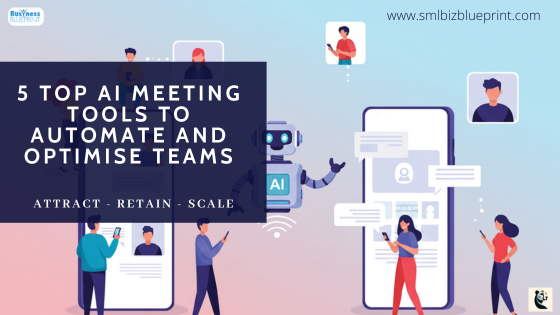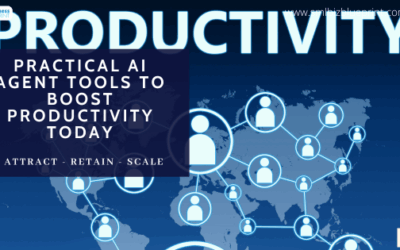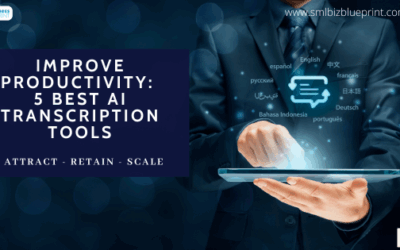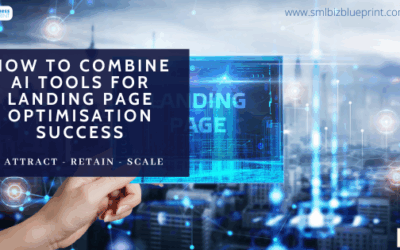Today, businesses aren’t just looking to capture meeting notes — they want AI to actively manage, optimise, and automate meetings from start to finish.
This next level of AI-driven meeting tools goes beyond transcription to handle pre-meeting briefs, automate participation, summarise key takeaways, and integrate action items seamlessly into your workflows.
This article explores five top AI meeting management tools for teams ready to supercharge their productivity.

#1 TimeOS.ai
Overview: TimeOS.ai is an advanced AI assistant that joins meetings, prepares briefs, records sessions, and pushes summaries directly into your tools.
Key Features
AI bot joins Zoom, Google Meet, or Teams meetings automatically
Prepares instant meeting briefs from past notes and emails
Summarises key points, action items, and follow-ups
Integrates with Slack, Notion, Trello, Google Docs
Pros
Automates meetings you can’t attend
Multilingual transcription and summaries
Syncs tasks into your project tools
Cons
Requires setup and permissions
Higher cost compared to simple transcription tools
Ideal Use Cases
Busy executives managing multiple meetings
Teams needing pre-briefs and automated follow-ups
Organisations requiring integrations across platforms
Stay ahead of the curve!
Subscribe to our newsletter and never miss the latest in business growth and marketing strategies.
#2 Sembly.ai
Overview:
Sembly.ai offers an AI assistant that joins meetings, takes notes, assigns action items, and tracks team sentiment.
Key Features
AI note-taking and meeting attendance
Action item tracking and assignment
Sentiment analysis and conversation insights
Integrations with Asana, Monday.com, Slack
Pros
Detailed team insights and analytics
Automates follow-up tasks
Supports multiple conferencing platforms
Cons
May overflag unimportant action items
Some integrations require premium plans
Ideal Use Cases
Managers wanting deeper team analytics
Cross-functional teams juggling multiple projects
Remote teams tracking engagement and accountability
#3 Avoma
Overview:
Avoma combines meeting management, note-taking, and CRM integration, making it ideal for sales, success, and product teams.
Key Features
Live call recording and transcription
Meeting templates and smart agendas
CRM integration (Salesforce, HubSpot)
Automated insights for sales and customer success
Pros
Strong focus on sales and customer conversations
Automates CRM data entry
Helps standardise meetings with templates
Cons
Primarily geared toward sales-focused teams
Can feel complex for small teams
Ideal Use Cases:
Sales and customer success teams
Product managers coordinating customer feedback
Teams needing CRM-connected insights

#4 Fathom
Overview
Fathom offers automatic recording, highlights, and summaries, focusing on real-time sharing and simplicity.
Key Features
AI-generated meeting highlights
Automatic summary sharing after calls
CRM and note-taking integrations
Unlimited meeting recordings (paid plans)
Pros
Easy-to-use, intuitive design
Unlimited recordings for busy teams
Works across Zoom and other platforms
Cons
Lacks some advanced project management integrations
More focused on recording and summarisation than deep automation
Ideal Use Cases
Teams wanting lightweight automation
Customer-facing roles capturing highlights
Busy professionals needing automatic summaries
#5 Supernormal
Overview
Supernormal offers AI-powered meeting notes that integrate directly with Google Meet, providing seamless summaries and next steps.
Key Features
Google Meet integration for real-time notes
Instant summaries and action items
Shareable meeting notes with teammates
Integrations with Slack and email tools
Pros
Fast setup, Google-native integration
Instant post-meeting summaries
Affordable plans for small teams
Cons
Limited to Google Meet
Less robust analytics compared to larger platforms
Ideal Use Cases
Google Workspace teams
Small businesses seeking lightweight automation
Teams wanting fast, simple meeting summaries
Comparison: When to Choose What?
Best for executives and large teams: TimeOS.ai
Best for analytics and sentiment tracking: Sembly.ai
Best for sales and CRM integration: Avoma
Best for simple, affordable automation: Fathom
Best for Google Meet users: Supernormal
Hungry for more insights?
Subscribe to Pulse and get cutting-edge marketing and business strategies delivered right to your inbox!
Subscribe to Pulse Now
Conclusion
AI meeting management tools can do far more than just transcribe — they can automate, organise, and optimise how your team collaborates and follows through.
Choosing the right tool for your business needs saves time, improves outcomes, and frees your team to focus on high-impact work.
FAQs
Q1: What are AI meeting management tools?
A1: AI meeting management tools go beyond simple transcription. They help automate the entire meeting process — from preparing briefs and attending meetings to summarising key takeaways and syncing action items into your workflows.
Q2: How do these tools differ from transcription software?
A2: While transcription software captures what was said, AI meeting management tools handle additional tasks like tracking action items, integrating with project management tools, and providing insights or analytics to optimise team performance.
Q3: What are the benefits of using AI to automate meetings?
A3: Benefits include time savings, reduced manual follow-ups, improved task accountability, streamlined workflows, and better team productivity — all without sacrificing meeting quality.
Q4: Which teams or businesses benefit most from these tools?
A4: Busy executives, sales teams, customer success teams, remote teams, and fast-growing companies that juggle many meetings can benefit most, as they need scalable solutions to stay organized and efficient.
Q5: Do AI meeting tools integrate with existing business platforms?
A5: Yes! Many advanced tools like TimeOS.ai, Avoma, and Sembly.ai integrate with CRMs, project management platforms (like Asana and Trello), Slack, Google Docs, and more to ensure seamless data flow.
Q6: Are AI meeting tools secure for sensitive business information?
A6: Most reputable tools offer robust security, including encryption, compliance with standards like GDPR, and user-controlled data permissions. Always check each vendor’s privacy policies before adopting.
Q7: How do I choose the right AI meeting automation tool for my business?
A7: Consider your team’s size, meeting volume, integration needs, budget, and specific goals. Use comparison checklists to guide your selection process confidently.
Other Articles
Practical AI Agent Tools to Boost Productivity Today
